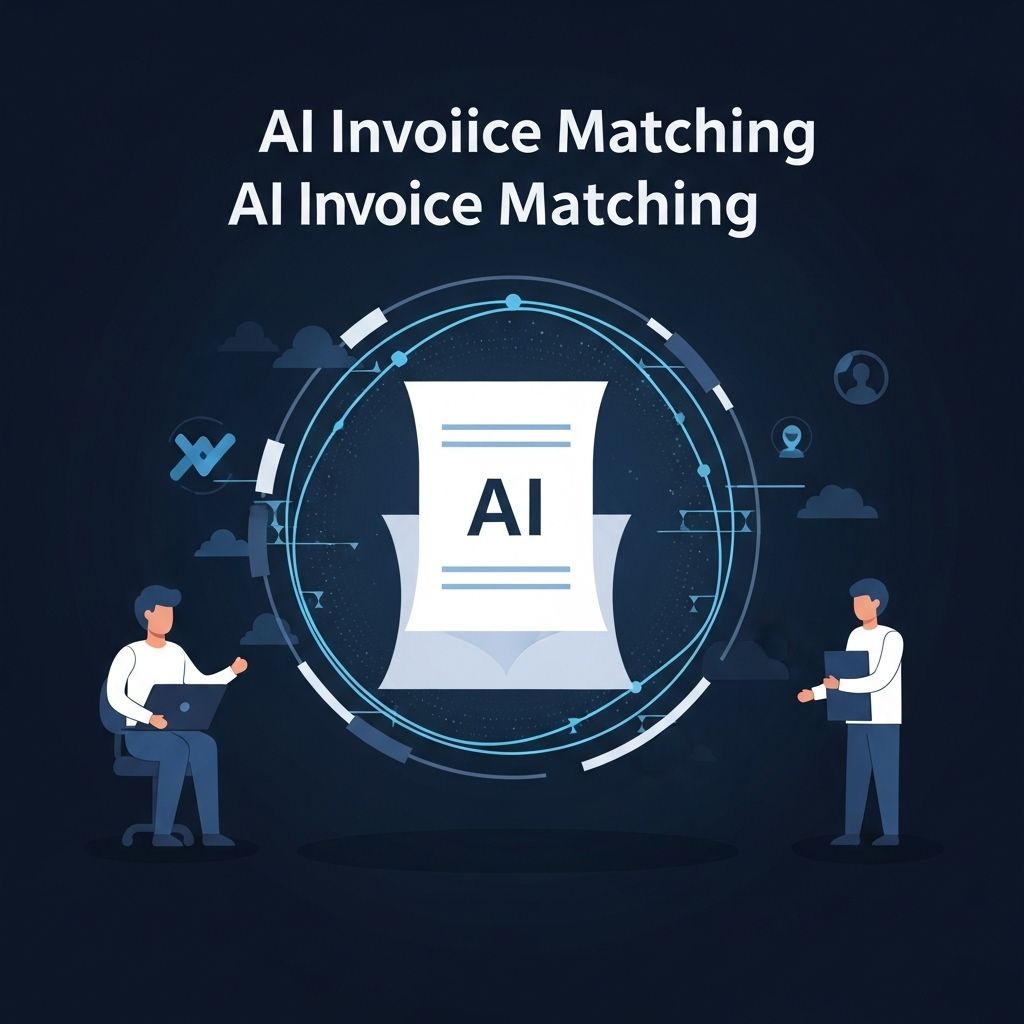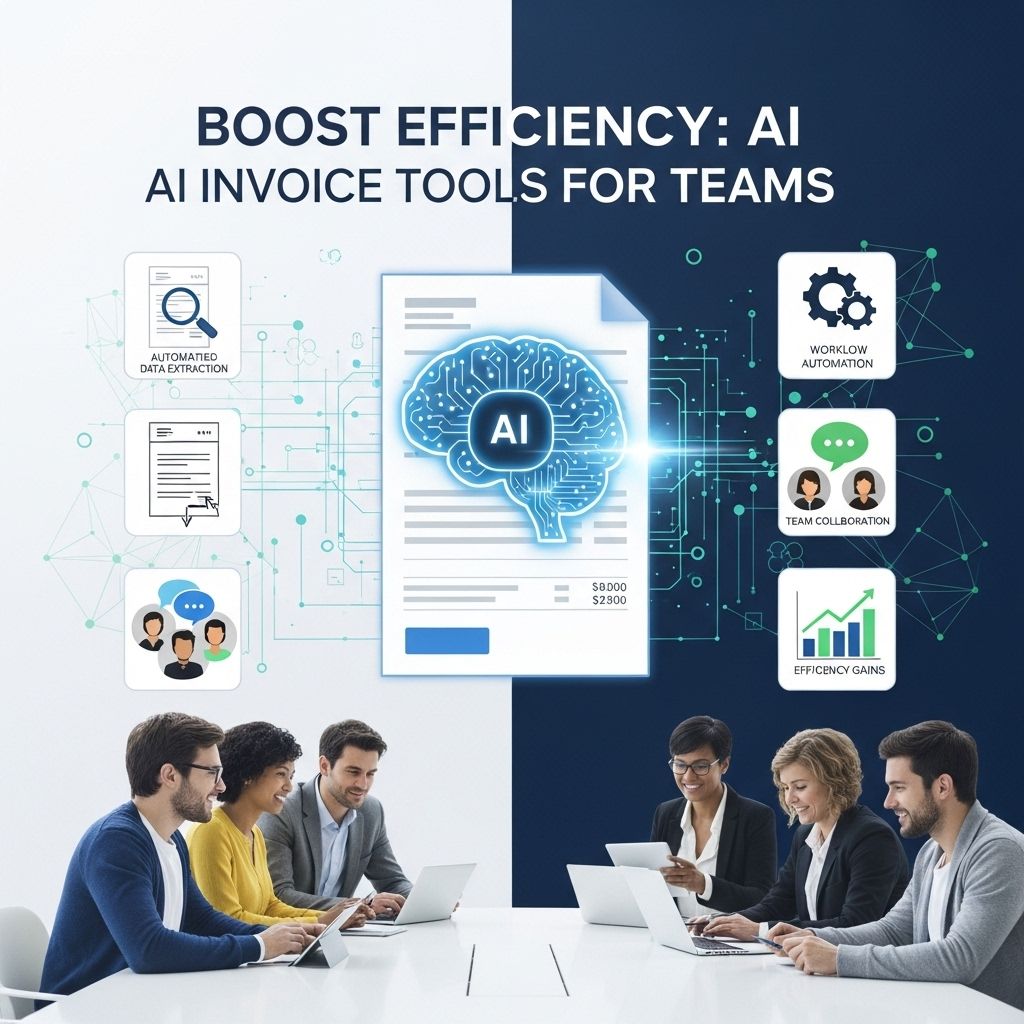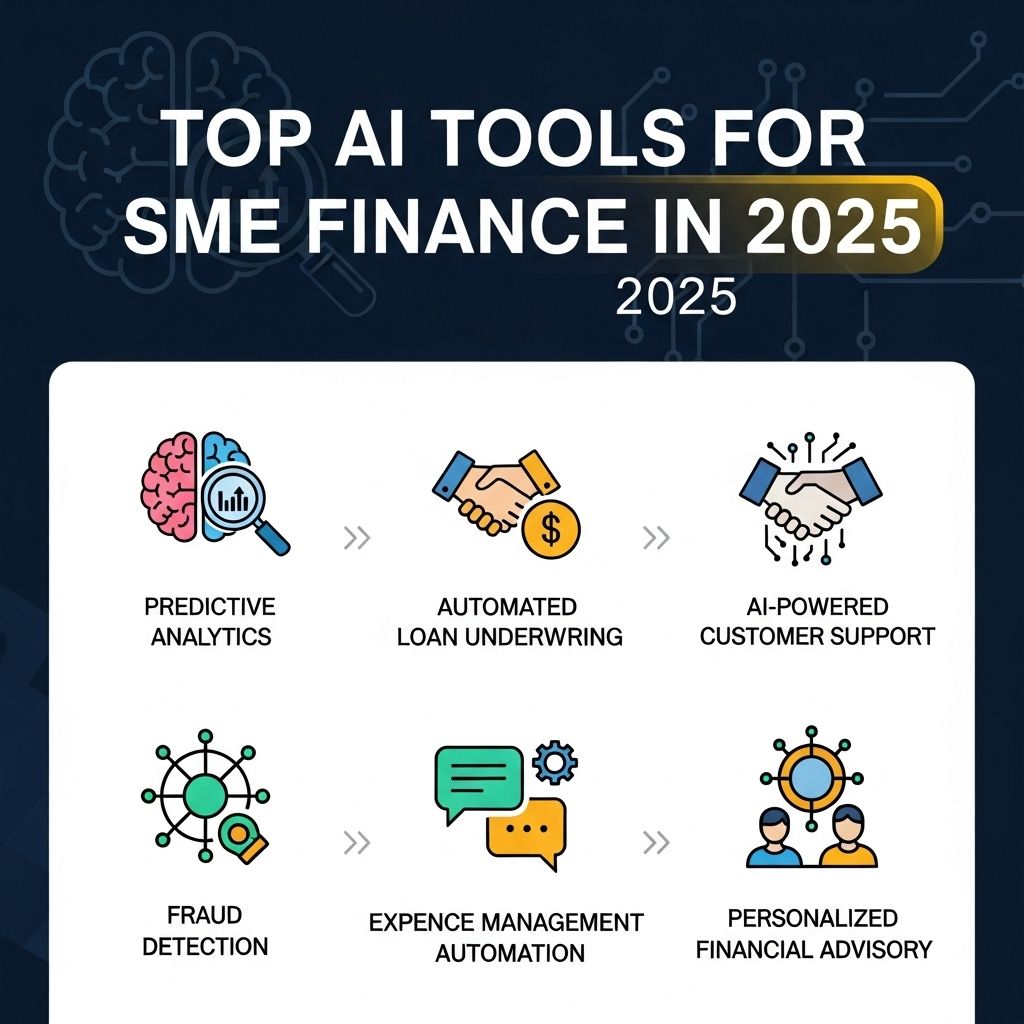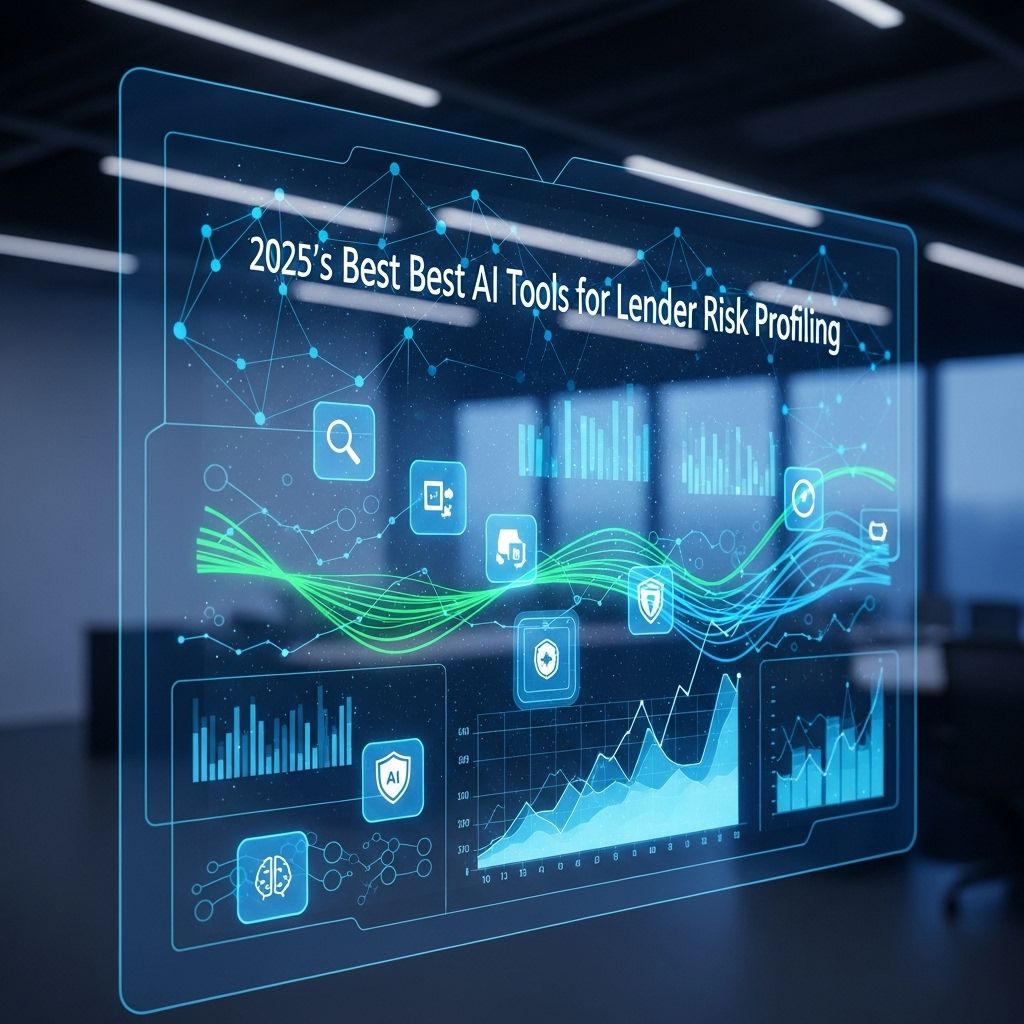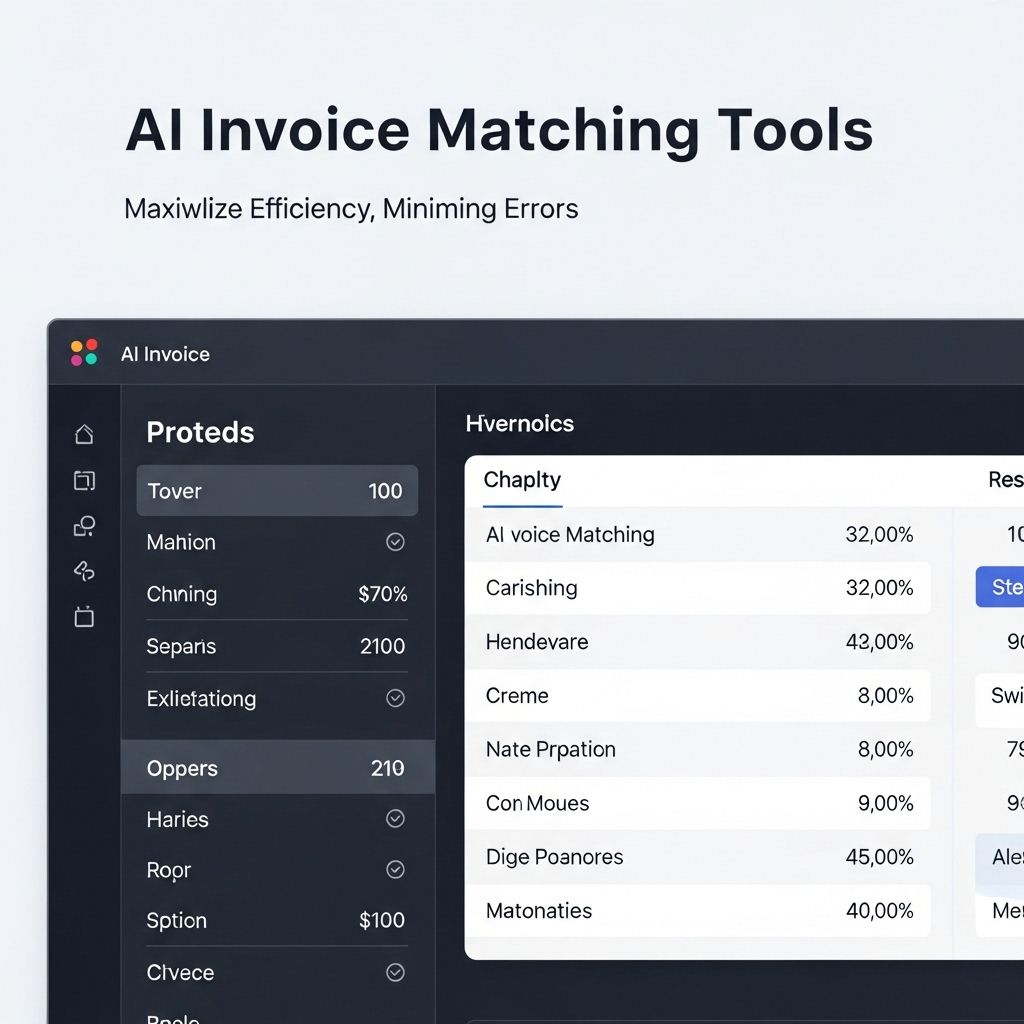Revolutionize Financial Reporting with AI for SMEs
Discover how AI can transform financial reporting for SMEs, enhancing accuracy, efficiency, and insights for better decision-making.

In today’s fast-paced business environment, small and medium-sized enterprises (SMEs) are finding it increasingly challenging to keep up with the complexities of financial reporting. Traditional methods can be time-consuming and prone to errors, undermining the decision-making process. However, with the integration of artificial intelligence (AI), financial reporting for SMEs can be transformed into a streamlined, efficient, and insightful process, enabling better strategic decisions.
Table of Contents
Understanding the Role of AI in Financial Reporting
AI has the potential to revolutionize numerous aspects of financial reporting. By automating repetitive tasks and providing advanced analytical capabilities, AI allows SMEs to focus on strategic planning rather than administrative work. Here are some ways AI enhances financial reporting:
- Automation of Data Entry: AI can process large volumes of data quickly and accurately, reducing manual input errors.
- Real-Time Reporting: With AI, SMEs can access real-time financial data, facilitating timely decision-making.
- Predictive Analytics: AI algorithms can analyze historical data to forecast future trends, offering insights into potential risks and opportunities.
Benefits of AI-Driven Financial Reporting for SMEs
Integrating AI into financial reporting processes offers several advantages, including:
Enhanced Accuracy
By minimizing human intervention, AI reduces the possibility of errors in financial reports. This accuracy is crucial for compliance and decision-making.
Cost Efficiency
AI can significantly cut down the costs associated with financial reporting through automation, reducing the need for extensive manpower and mitigating potential compliance penalties.
Improved Insights
AI tools can provide deeper insights into financial data, allowing SMEs to identify trends and anomalies that may not be immediately apparent.
Implementing AI in Financial Reporting
To effectively integrate AI into financial reporting, SMEs should consider the following steps:
1. Assess Current Processes
Before implementing AI, it’s essential to evaluate existing financial reporting processes to identify inefficiencies that AI can address.
2. Choose the Right Tools
There are numerous AI-driven financial reporting tools available. SMEs should select tools that align with their specific needs, such as:
| Tool Name | Features | Best For |
|---|---|---|
| QuickBooks | Invoicing, payroll, reporting | General SMEs |
| Xero | Real-time collaboration, integrations | Service-based businesses |
| Zoho Books | Automation, extensive reporting | Startups |
3. Train Staff
Training staff on how to effectively use AI tools is vital to ensure they leverage the technology to its full potential.
4. Monitor and Adapt
Continuous monitoring of AI tools will help SMEs adapt to changing financial landscapes and improve processes over time.
Challenges to Consider
While the benefits of AI in financial reporting are compelling, SMEs should also be aware of potential challenges:
- Initial Investment: Implementing AI tools can require a significant upfront investment, though the long-term savings often justify this cost.
- Data Security: Using AI means handling sensitive financial information, making cybersecurity a paramount concern.
- Resistance to Change: Employees may be hesitant to adapt to new technologies, necessitating a strong change management strategy.
Case Studies: Successful Implementation of AI in SMEs
Examining real-world examples can provide valuable insights into how AI can enhance financial reporting:
Case Study 1: Company ABC
Company ABC, a mid-sized manufacturing firm, faced challenges with time-consuming reporting processes. By implementing an AI-driven financial reporting tool, they reduced their reporting time by 50%, allowing finance staff to focus on strategic initiatives.
Case Study 2: Company XYZ
Company XYZ, a tech startup, utilized AI for predictive analytics in their financial reporting. This not only improved their forecasting accuracy but also enabled them to secure funding by demonstrating financial sustainability to potential investors.
The Future of Financial Reporting with AI
The future of financial reporting for SMEs is undoubtedly intertwined with AI advancements. As technology continues to evolve, we can expect more sophisticated tools that will further simplify and improve the financial reporting process.
Emerging Trends
Here are some trends to watch in the AI landscape for financial reporting:
- Integration with Blockchain: The combination of AI and blockchain could enhance transparency and security in financial reporting.
- AI Ethics and Compliance: As companies deploy AI, ensuring ethical use will become a critical focus, requiring robust compliance frameworks.
- Greater Personalization: Future AI tools may offer customized reporting experiences tailored to individual business needs.
Conclusion
The integration of AI into financial reporting processes presents a transformative opportunity for SMEs. By automating tasks, providing real-time insights, and enhancing accuracy, AI empowers smaller businesses to thrive in a competitive landscape. Embracing AI in financial reporting is not merely an option but a necessity for SMEs aiming for growth and sustainability in the digital age.
FAQ
How can AI improve financial reporting for SMEs?
AI can streamline data collection, automate report generation, and provide real-time insights, allowing SMEs to make informed decisions quickly.
What are the key benefits of using AI in financial reporting for small businesses?
Key benefits include increased accuracy, reduced manual workload, enhanced data analysis capabilities, and quicker access to financial insights.
Is AI financial reporting software affordable for small businesses?
Yes, many AI-driven financial reporting solutions are designed specifically for SMEs, offering scalable pricing models that suit smaller budgets.
What types of financial reports can AI generate for SMEs?
AI can generate a variety of financial reports including income statements, balance sheets, cash flow statements, and customized performance dashboards.
How does AI ensure the security of financial data for SMEs?
AI financial reporting systems employ advanced encryption, access controls, and compliance with regulations to protect sensitive financial information.
Can AI integrate with existing accounting software for SMEs?
Yes, most AI financial reporting tools can seamlessly integrate with popular accounting software, enhancing their functionality without disrupting existing processes.

